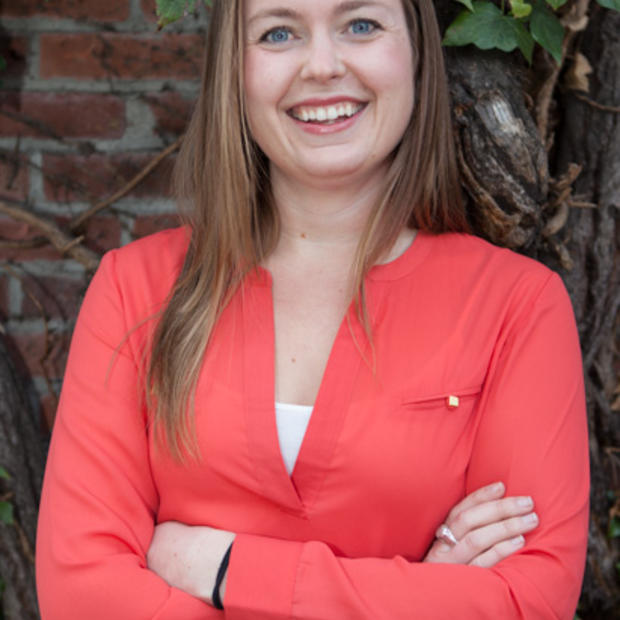Today Crosscut is launching its Community Idea Lab, a new way of practicing journalism that educates the community about a particular issue and incubates great public ideas for addressing it.
Several times a year, Crosscut will select a pressing local issue for closer examination. For example, how do we find common ground on gun control, address the deficit, support those with mental illness in our community, create jobs for recent graduates?
So what issue are we tackling first?
Glad you asked. The Seattle Metropolitan area, like San Francisco and the Bay Area, is experiencing tech-fueled boom. Great news.
But here's the thing: The galloping technology industry alongside growing income inequality is leading to social fracturing throughout the U.S.
In San Francisco, we've watched animosity bloom between the tech and social services communities; seen sky-high rents drive out longtime city residents and handicap the middle class; and tech industry magnates make things worse with inflammatory statements.
Unlike San Francisco though, Seattle can still head off boom downsides like extreme inequality, stark class divisions and civic unrest. You can read more about this problem here.
Over the next six weeks, we'll do the hard work of investigating the roots of the problem. We'll look at how our job market is changing, the factors driving Northwest housing prices, how development is shaping our region, what role businesses play in our community and what programs, models or ideas are working elsewhere.
Then it's up to you.
In May, we'll be soliciting your ideas about how to avoid the dark side of tech. So put your thinking cap on and answer this: What kinds of policies or programs can help us use Seattle's tech boom as an asset to create an equitable and integrated city? How can our region both attract technology companies and encourage them to get involved in the community?
Hint: In San Francisco's Tenderloin neighborhood, a Community Benefits Agreement offers companies a payroll tax incentive in exchange for community involvement. It's a great idea that's had mixed results; results we can learn from.
Back to the contest: Crosscut editors and advisors will vet and select the very best ideas to be presented at a public event in late June. (More details on that coming soon.) We'll be looking for realism, creativity, innovation and a broad range of perspectives and approaches. A panel of judges will provide feedback on each idea, but audience members will get the final say when they vote on the winner.
It doesn't end there. We'll highlight the contest's best ideas on the Crosscut website, connect the winner with resources that will help them implement their ideas and provide a continuing forum for debate about each issue we tackle.
How will the Community Idea Lab work?
If all goes well, this will be the first of many issues we tackle in the Community Idea Lab.
A new kind of action-oriented journalism, the Lab is designed to highlight and elevate great Northwest ideas and work with community leaders in government, business and the non-profit worlds to integrate those ideas into civic planning.
Our goal is to marry journalism and civic change. By inviting and spotlighting ideas we hope to cultivate an ongoing civic brainstorm. And you, Crosscut's audience, are essential to making that work.
Crosscut's Community Idea Lab coverage is made possible by the generous support of Social Venture Partner’s Fast Pitch.


